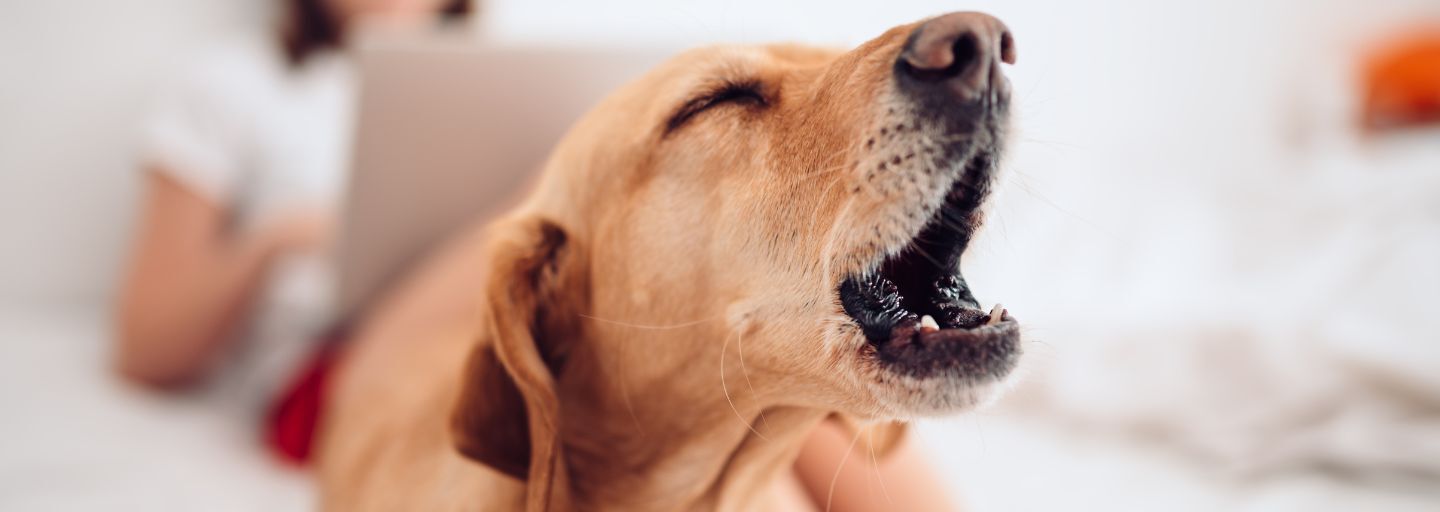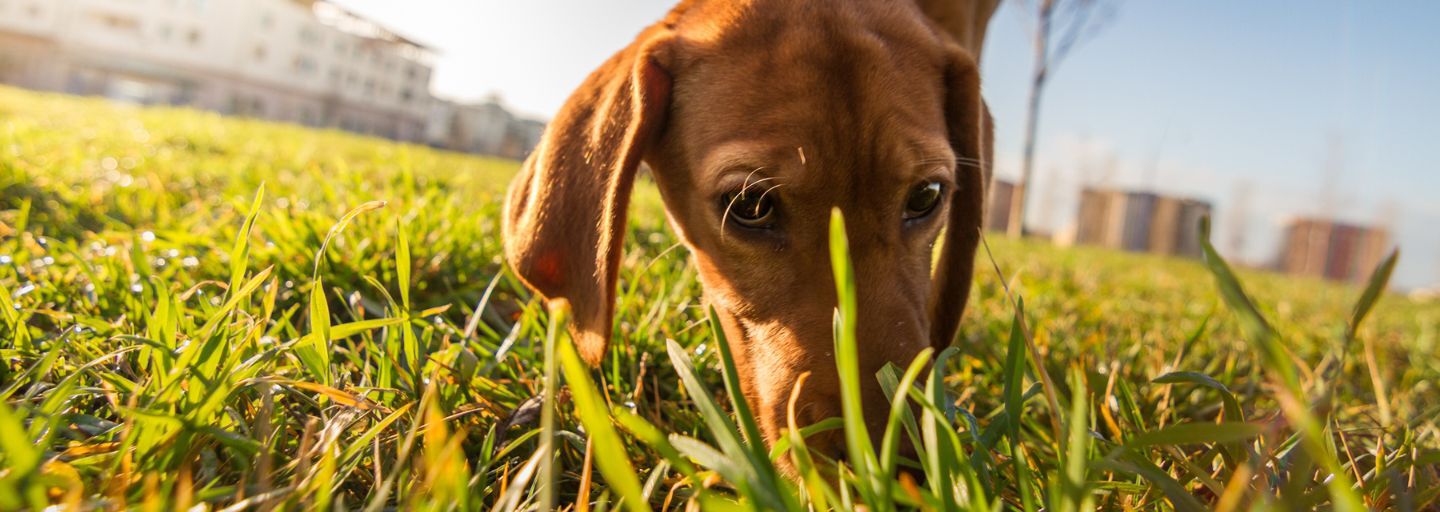Reverse sneezing, also known as inspiratory paroxysmal respiration, is a reflex action that occurs in dogs. It is characterised by a sudden, rapid inhalation of air through the nose, accompanied by a distinctive snorting or honking sound. Unlike regular sneezing, which expels air, reverse sneezing is an inward reflex.
It may sound similar to choking or gagging, which can be concerning for dog owners who are unfamiliar with this behaviour. However, it is important to note that reverse sneezing is different from choking or gagging.
Differentiating Reverse Sneezing from Choking or Gagging:
- Sound and Pattern: Reverse sneezing produces a distinct snorting or honking sound, often described as a rapid, repetitive inhalation through the nose. It may sound similar to choking or gagging, but it lacks the coughing or retching sounds associated with those actions.
- Lack of Distress: During a reverse sneezing episode, dogs typically do not display signs of distress or panic. They may exhibit stiffness, extend their necks, or paw at their faces, but they do not exhibit the intense struggle or gasping for air that is often seen during choking or gagging episodes.
- Duration and Resolution: Reverse sneezing episodes are usually brief, lasting for less than a minute. Once the episode ends, dogs typically resume their normal activities without any lingering signs of distress. In contrast, choking or gagging episodes may persist longer and require immediate intervention to clear the airway.
Symptoms of Reverse Sneezing: Reverse sneezing episodes typically last for a short duration, usually less than a minute. Common symptoms include:
- Rapid, noisy inhalation through the nose
- Snorting or honking sound
- Stiffening of the body
- Extension of the neck
- Pawing at the face or rubbing the nose on the ground
If you are unsure or if your pet shows signs of distress, it is always best to consult with a veterinarian for guidance.
Causes of Reverse Sneezing
- Irritants and Allergies: Reverse sneezing can be triggered by irritants in the environment, such as dust, pollen, strong scents, or household chemicals. Dogs with allergies may be more prone to experiencing reverse sneezing episodes.
- Excitement or Overstimulation: Some dogs may exhibit reverse sneezing when they are overly excited, anxious, or during intense play. This can be a result of the dog's respiratory system becoming temporarily imbalanced.
- Nasal Irritation or Inflammation: Nasal irritation or inflammation, often caused by infections, foreign objects lodged in the nasal passages, or nasal mites, can lead to reverse sneezing.
Remedies and Management:
- Stay Calm and Comfort Your Dog: During a reverse sneezing episode, it's important to stay calm and avoid panicking. Comfort your dog by speaking softly and gently stroking them. This can help alleviate any anxiety or stress they may be experiencing.
- Gently Massage the Throat: Gently massaging your dog's throat can help relax the muscles and ease the reverse sneezing episode. Use a circular motion with light pressure to soothe any irritation.
- Offer Water or a Treat: Encouraging your dog to drink water or offering a small treat can help distract them from the episode and potentially stop the reverse sneezing.
- Remove Potential Irritants: If you suspect that environmental irritants are triggering reverse sneezing, try to remove or minimize exposure to those triggers. Keep your home clean, use air purifiers, and avoid using strong chemicals or perfumes around your dog.
- Consult with a Veterinarian: If your dog experiences frequent or prolonged reverse sneezing episodes. They can assess your dog's overall health, conduct any necessary tests, and provide appropriate treatment or management options.
By being aware of the signs and symptoms of reverse sneezing, you can confidently identify and differentiate it from other respiratory issues, ensuring your pet receives the care and support they need.







